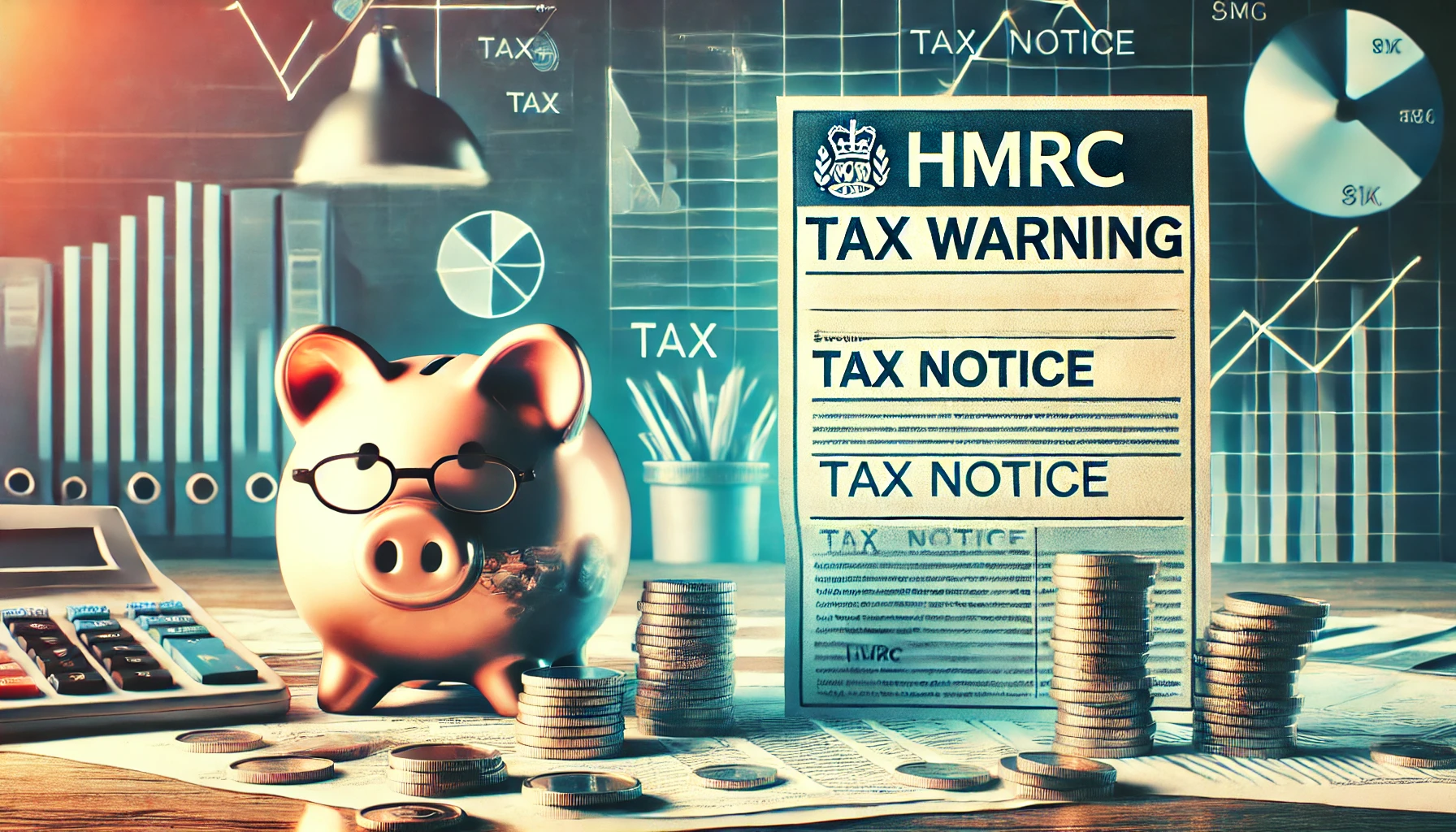Managing your savings account is often seen as a straightforward task. However, if you overlook specific tax rules set by HM Revenue & Customs (HMRC), you could face unexpected penalties or lose out on valuable savings. Understanding these rules can help you avoid costly mistakes and ensure your hard-earned money grows without unnecessary setbacks. This article dives deep into the savings account HMRC tax, key warning to heed, and strategies to maximize your returns while staying compliant with the law.
Read Also: From Script to Screen: How the Cast of Platform 7 Brings the Story to Life
Understanding Tax on Savings Accounts in the UK
The Personal Savings Allowance (PSA)
Introduced in 2016, the PSA allows most individuals to earn a certain amount of interest on their savings without paying tax. The allowance depends on your income tax band:
- Basic Rate Taxpayers (20%): Up to £1,000 interest tax-free.
- Higher Rate Taxpayers (40%): Up to £500 interest tax-free.
- Additional Rate Taxpayers (45%): No tax-free allowance.
For example, if you earn £800 in interest and fall into the basic rate bracket, you won’t pay tax. However, if you exceed your allowance, HMRC will require you to pay tax on the surplus.
Tax on Joint Accounts
Interest earned on joint savings accounts is split equally between the account holders. This split can affect your individual PSA and overall tax liability.
Common Mistakes That Could Cost You
Overlooking the PSA Limits
Some savers assume all their interest is tax-free, leading to surprise tax bills. Be mindful of your total interest earnings across all savings accounts.
Ignoring Reporting Obligations
While banks report your interest earnings to HMRC, you must still declare taxable amounts. Failure to do so may result in penalties.
Not Factoring in ISAs
Interest from Individual Savings Accounts (ISAs) is tax-free and does not count towards your PSA. Overlooking the benefits of ISAs could mean paying unnecessary tax.
Misunderstanding Joint Accounts
If your co-account holder is in a different tax band, their PSA allocation might be smaller, potentially leading to excess tax liability.
How HMRC Tracks Your Savings Interest
HMRC uses a system called the Automatic Exchange of Information (AEOI). Banks and building societies provide details of interest earned by account holders, enabling HMRC to identify discrepancies between declared income and reported interest.
Warning: Even small inconsistencies can trigger an investigation. Always ensure your tax return aligns with bank reports.
How to Stay Compliant and Avoid Penalties
Track Your Interest Earnings
Keep a record of the interest earned across all savings accounts. This will help you monitor your PSA and prevent unintentional breaches.
Use Tax-Free Accounts
Consider using ISAs to shield your savings from tax. You can deposit up to £20,000 per tax year (2024-25) in an ISA, ensuring all interest remains tax-free.
Plan for Higher Income
If your income changes, such as a promotion or investment growth, re-evaluate your tax band and PSA eligibility.
Check HMRC Notifications
Pay attention to any notifications from HMRC regarding tax owed on your savings. These are often delivered through your Personal Tax Account.
Seek Professional Advice
A tax advisor can help you navigate complex situations, particularly if you have multiple accounts or earn significant interest.
What Happens If You Owe Tax on Savings Interest?
If your interest earnings exceed the PSA, HMRC typically collects the tax owed through the Pay As You Earn (PAYE) system. Your tax code will be adjusted to recover the amount. Alternatively, if you’re self-employed or have additional income sources, you’ll need to report the interest on your Self Assessment tax return.
Conclusion
Understanding the savings account HMRC tax warning is crucial for managing your finances effectively. By keeping track of your interest earnings, utilizing tax-free accounts like ISAs, and staying informed about your PSA, you can avoid unexpected tax bills and penalties.
Stay proactive with your savings strategy and consult a financial advisor if in doubt. Small steps today can save you significant stress and money tomorrow.
Read Also: From Script to Screen: How the Cast of Platform 7 Brings the Story to Life
FAQs
1. Do I need to report interest if it’s below the PSA?
No, if your total interest earnings fall within the PSA, there’s no need to report it. Banks and building societies automatically inform HMRC.
2. Are ISAs completely tax-free?
Yes, all interest, dividends, and capital gains earned within an ISA are tax-free. They also don’t count towards your PSA.
3. Can non-UK residents avoid tax on savings?
Non-UK residents are still liable for tax on UK savings interest. However, they may benefit from double taxation agreements, reducing or eliminating their tax obligations in some cases.
4. What if I don’t agree with HMRC’s tax calculations?
You can contact HMRC to dispute the calculation. Ensure you provide accurate records of your interest earnings and other relevant documents.
5. Can I gift savings interest to reduce tax liability?
No, you cannot transfer taxable interest to someone else. However, joint accounts may offer some flexibility if the co-account holder has unused PSA.
6. How do I calculate tax on savings interest?
Subtract your PSA from your total interest earnings. Apply the appropriate tax rate (20%, 40%, or 45%) to the remaining amount to determine your tax liability.




